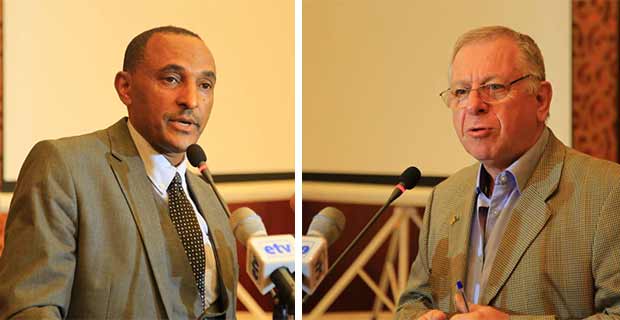
Fortune News | Sep 08,2019
European member states have called for unconditional, immediate and unimpeded humanitarian access to the conflict regions in Tigray Regional State and the rest of the country. Crisis Commissioner Janez Lenarcic, who visited refugee camps in Sudan last week, also urged Ethiopian authorities to lift communication blockades, allow access to humanitarian aid workers, and facilitate the evacuation of over 100 EU citizens from the region.
Since the start of the conflict in early November, nearly 50,000 people from the country have fled into Sudan, which is currently hosting the second-highest number of refugees on the continent. The Commissioner, in a press briefing on Friday, December 4, 2020, commended the swift reaction of the Sudanese government in accommodating the refugees from Ethiopia. During his brief visit at the Um Raquba refugee camp in Sudan, which is hosting 10,000 refugees at full capacity, he spoke to a number of refugees who shared harrowing details of their escape.
Killings of civilians and humanitarian workers, raids on Eritrean refugees, and a ban on the free movement of those fleeing from conflict areas were shared, according to the Commissioner, who stressed that the EU wishes to have Ethiopia as a key partner and an anchor of regional stability.
"Allegations of atrocities must be subject to an independent and credible investigation," he said. "This will set the record straight."
The Commissioner also requested rapid passage for relief actors as well as food, medicine, cash and fuel to the region and an expedited visa process for international emergency staff. Communication blackouts have kept the EU in the dark on the humanitarian needs of the region, but the needs, which were considerable before, can only have grown, he added.
Reports of people in need of food, water and medical care within the city of Meqelle, the region's capital, were also presented by the United Nations Office for the Coordination of Humanitarian Affairs last week. Access to food for 96,000 people living in refugee camps in Tigray Regional State and concern for the safety of more than 100 unaccounted-for humanitarian aid workers in the region were also part of the report. The refugee response plan, which aims to support a projected 100,000 people from Ethiopia between November and June 2021, will require 147 million dollars in funding.
Prime Minister Abiy Ahmed (PhD) announced in mid-November that the government was ready to receive and reintegrate Ethiopian refugees who have fled the country due to the conflict. Currently, there is a daily influx of 2,500 refugees into Sudan. But it is too early for the return of refugees, according to the Commissioner, who instead encouraged setting the conditions to make that possible in the future.
"The refugees are happy to be alive even though they have nothing," said the Commissioner. "[Their] return must be safe, voluntary, dignified and sustainable."
Headway was made last Wednesday when UN Spokesperson Stéphane Dujarric confirmed that a safe passage for aid that extends to bordering regions like Amhara and Afar regional states had been agreed to with the Ethiopian government. However, the Crisis Commissioner stated that this does not go far enough due to limitations in geographic scope and onerous administrative provisions accompanying each step of the process.
The Ministry of Peace has shared its initial assessment of necessary aid for people affected by the conflict with humanitarian agencies, according to Migbaru Ayalew, director of early warning & sustainable solutions at the Ministry. It has also been funnelling food and non-food items aid in collaboration with the National and Disaster & Risk Management Commission from areas bordering the region.
"We've provided significant support," he said. "The government is also willing to work with humanitarian and governmental organisations on this."
Though the need for humanitarian access is undeniable, the approach of the EU to the ongoing conflict is questionable to some.
The first meeting of the UN Security Council on the current conflict, held on November 24, 2020, is exemplary, according to Asnake Kefale (PhD), associate professor of political science at Addis Abeba University.
"European countries forced this meeting to take place," he said. "Though the concern is legitimate, the path the EU is taking isn't one of partnership."
It needs to engage lightly, or it might end up pushing Ethiopia away, added the expert.
"The ramifications for Ethiopia will be the loss of funding where there is a fallout," he said. "But the organisation lacks a nuanced understanding of the conflict and all the sides engaged."
The fear of regional disintegration is exaggerated, and the main concern for them is refugee load [that may later affect European countries], according to the expert.
PUBLISHED ON
Dec 05,2020 [ VOL
21 , NO
1075]

Fortune News | Sep 08,2019

Fortune News | Dec 17,2022

Viewpoints | Dec 05,2018

Sunday with Eden | Jun 08,2019
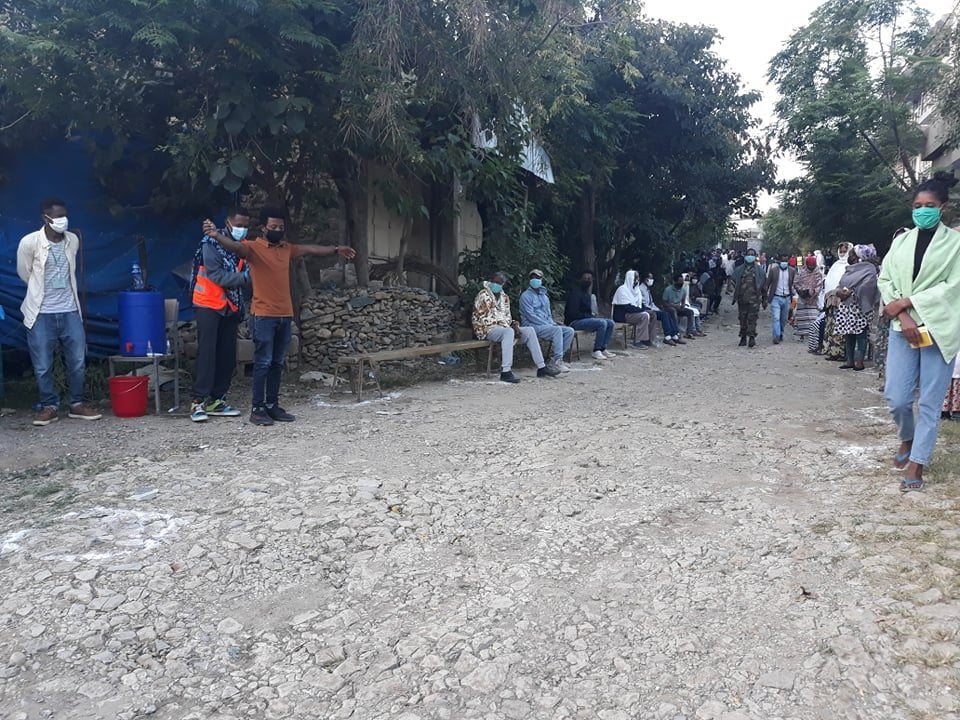
Photo Gallery | Sep 09,2020
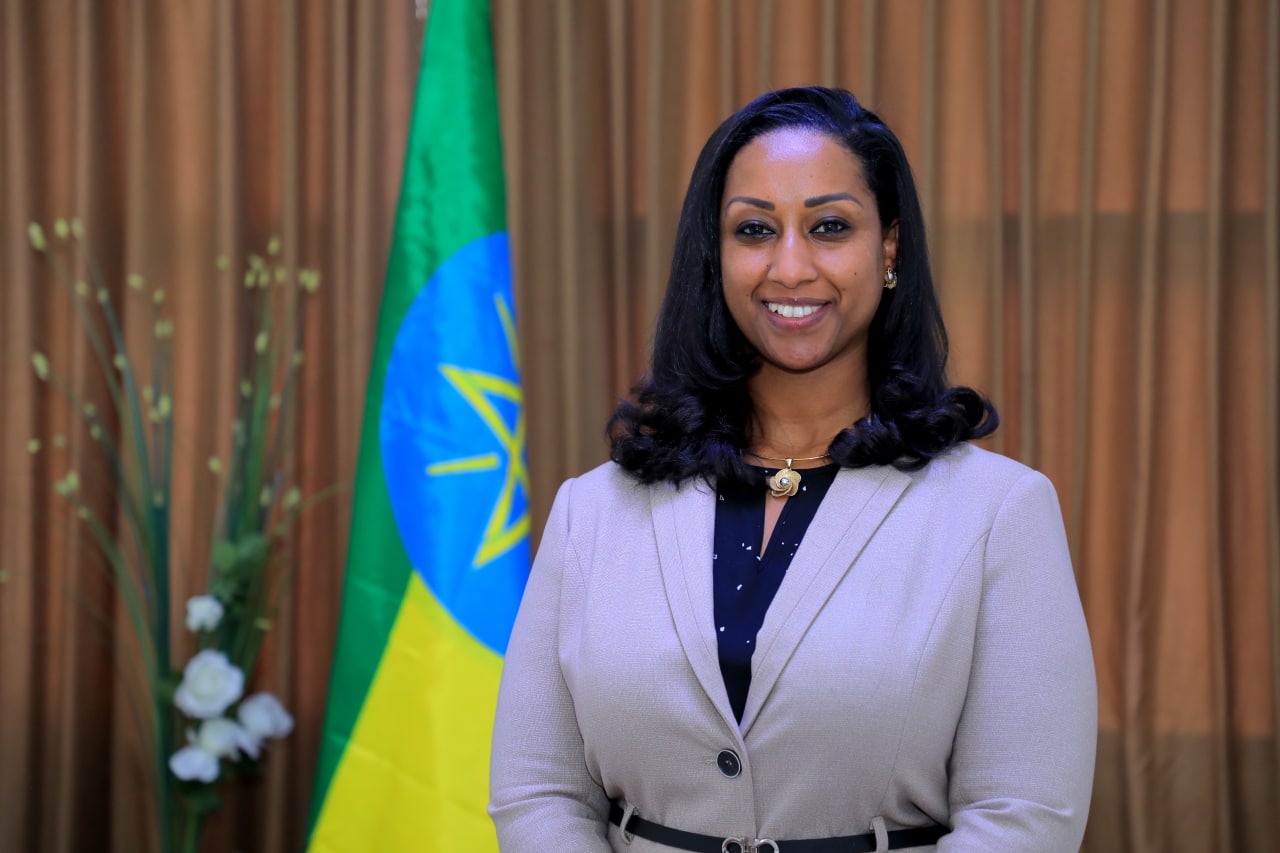
Fortune News | Mar 20,2021

Radar | Mar 23,2024
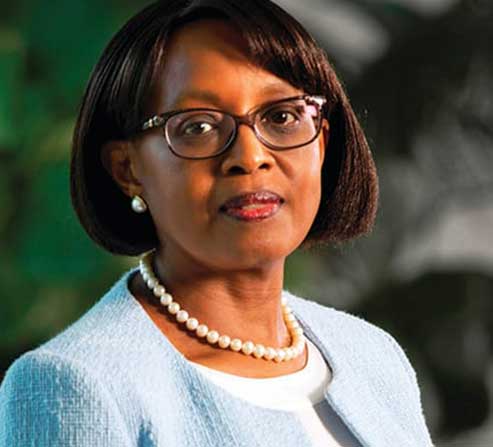
Radar | Mar 20,2021
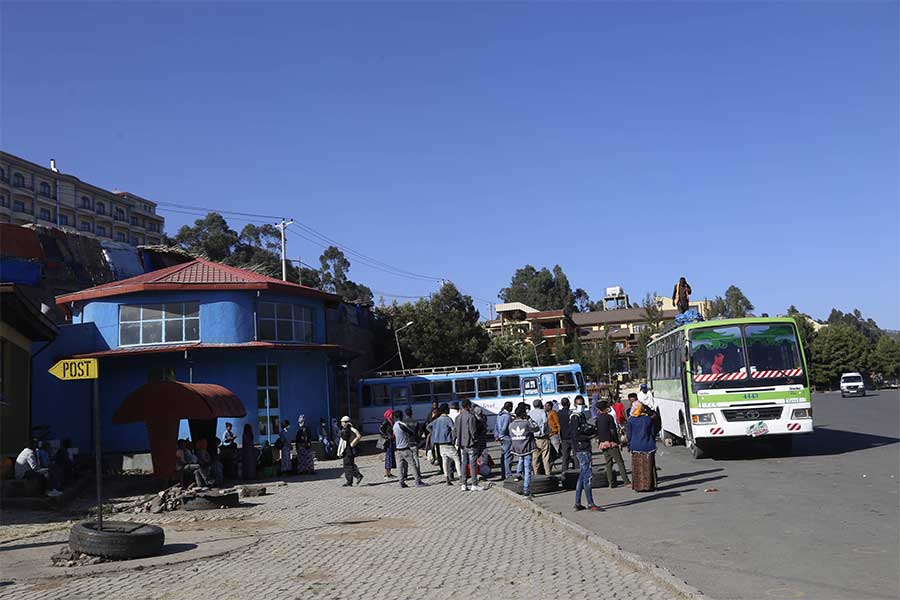
Agenda | Dec 12,2020

Radar | May 04,2024

Dec 22 , 2024 . By TIZITA SHEWAFERAW
Charged with transforming colossal state-owned enterprises into modern and competitiv...

Aug 18 , 2024 . By AKSAH ITALO
Although predictable Yonas Zerihun's job in the ride-hailing service is not immune to...

Jul 28 , 2024 . By TIZITA SHEWAFERAW
Unhabitual, perhaps too many, Samuel Gebreyohannes, 38, used to occasionally enjoy a couple of beers at breakfast. However, he recently swit...

Jul 13 , 2024 . By AKSAH ITALO
Investors who rely on tractors, trucks, and field vehicles for commuting, transporting commodities, and f...

Jul 5 , 2025
Six years ago, Ethiopia was the darling of international liberal commentators. A year...

Jun 28 , 2025
Meseret Damtie, the assertive auditor general, has never been shy about naming names...

Jun 21 , 2025
A well-worn adage says, “Budget is not destiny, but it is direction.” Examining t...

Jun 14 , 2025
Yet again, the Horn of Africa is bracing for trouble. A region already frayed by wars...